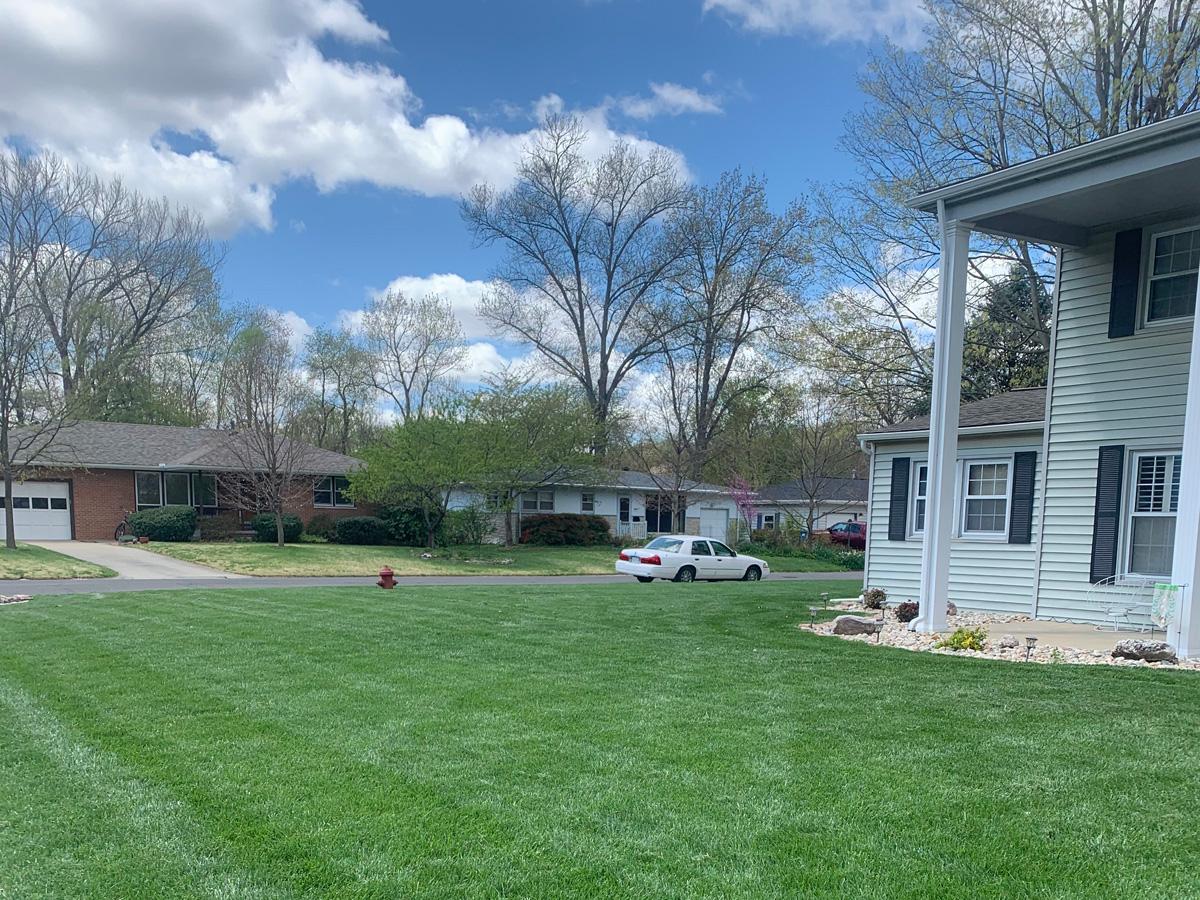
1. What are common lawn diseases in the Metro East Area?
The most common types of fungal diseases in our area include brown patch, dollar spot, gray leaf spot, large patch, pythium blight, red thread, and rust.
2. How should I water my lawn to prevent disease development?
Always water your lawn in the early morning, which will allow the grass blades to dry out during the day. Watering in the evening or at night encourages disease, because of excess moisture that remains on the grass blades, combined with hot night temperatures will aid disease development.
3. Do I need to change my mowing habits to prevent disease?
Always mow at the correct height and frequency to help prevent excess thatch build up, along with always mowing with sharp mower blades.
4. Will improper fertility help diseases to develop?
Yes, when dealing with diseases year after year, it is best to have a soil test done to see what nutrients your lawn needs or has an excess of so we can alter your program accordingly and apply what is needed to provide optimal growing conditions.
5. Will the lawn recover from fungal disease damage?
Depending on the severity of the disease and which type it is, most lawns will require reseeding to thicken the lawn back up to where it was before. However if caught early enough and if controlled the lawn will recover.
6. Does the turf type matter when it comes to diseases?
Yes, All turf types are more and less susceptible to certain diseases, this is important to know when seeding your lawn. When dealing with turf type tall fescue especially it is important to seed with different variances of tall fescue, for some variants are more susceptible to one disease than another.
7. Does aeration and overseeding help with preventing disease?
Yes, it helps loosen the soil and break down thatch, which will improve the health of your lawn, and the healthier the lawn the more resilient it is against diseases.
